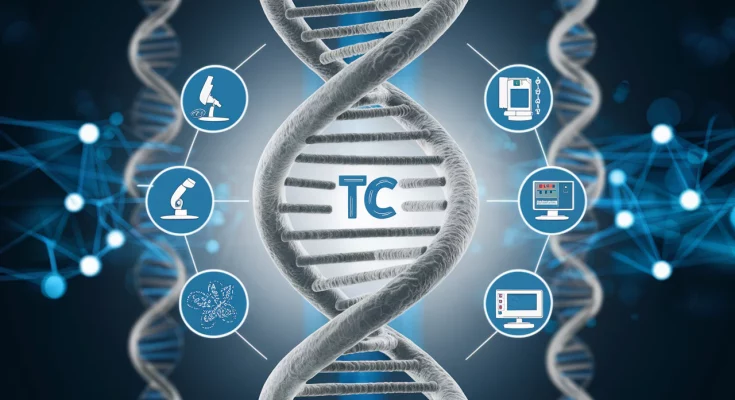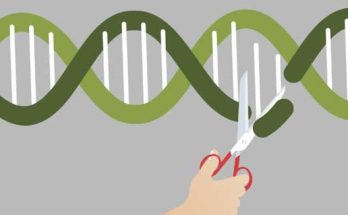The Human Genome Project (HGP) was one of the most ambitious scientific undertakings in history, mapping the entire human DNA sequence. Completed in 2003, the HGP has revolutionized genetics, medicine, and biotechnology, providing insights into disease mechanisms and paving the way for personalized medicine. In this article, we explore the significance of the Human Genome Project and its ongoing impact on science and healthcare.
What Was the Human Genome Project? The Human Genome Project was an international research initiative launched in 1990 with the goal of sequencing all 3 billion DNA base pairs in the human genome. It involved collaboration between scientists worldwide and was completed ahead of schedule in 2003. The project aimed to:
- Identify and map all human genes to understand their structure and function.
- Analyze genetic variations to study their roles in health and disease.
- Develop new bioinformatics tools for DNA sequencing and analysis.
- Advance medical research by identifying genetic risk factors for diseases.
Major Achievements of the Human Genome Project
- Complete Genome Mapping – The HGP successfully mapped the entire human genome, laying the foundation for further genetic research.
- Discovery of Disease-Related Genes – Scientists have identified genes associated with conditions like cancer, Alzheimer’s, and cystic fibrosis, improving diagnosis and treatment strategies.
- Personalized Medicine Advancements – The ability to analyze individual genetic profiles has enabled the development of targeted therapies tailored to a patient’s genetic makeup.
- Breakthroughs in Ancestry and Evolutionary Studies – Genetic data from the HGP has enhanced our understanding of human evolution, migration patterns, and ancestry.
- Bioinformatics Revolution – The project led to the development of powerful computational tools for analyzing vast genetic datasets, benefiting research in multiple scientific disciplines.
Impact on Medicine and Healthcare
- Early Disease Detection – Genetic screening helps identify individuals at risk for inherited diseases, enabling early intervention.
- Gene Therapy and CRISPR – The knowledge gained from the HGP has fueled advancements in gene editing technologies, allowing scientists to develop potential cures for genetic disorders.
- Pharmacogenomics – Understanding how genes influence drug responses has led to safer, more effective treatments with fewer side effects.
- Cancer Research and Treatment – By identifying mutations linked to various cancers, scientists can develop targeted cancer therapies.
Challenges and Ethical Considerations
- Genetic Privacy and Data Security – Protecting individuals’ genetic information is crucial to prevent misuse in insurance or employment discrimination.
- Ethical Concerns in Genetic Editing – Advances like CRISPR raise moral questions regarding human genetic modifications and germline editing.
- Healthcare Accessibility – The benefits of genetic medicine should be made affordable and available to all populations, not just privileged groups.
The Future of Genomic Research With continued advancements in DNA sequencing and artificial intelligence, the impact of the Human Genome Project is expected to grow. Projects such as the Genome-Wide Association Studies (GWAS) and The 100,000 Genomes Project are expanding our understanding of genetic diseases and paving the way for future innovations in personalized medicine and regenerative therapies.
Conclusion The Human Genome Project has transformed science and medicine, providing a deeper understanding of genetic diseases and enabling groundbreaking innovations in healthcare. As genomic research continues to evolve, its applications will shape the future of medicine, leading to better disease prevention, treatment, and personalized healthcare solutions.




